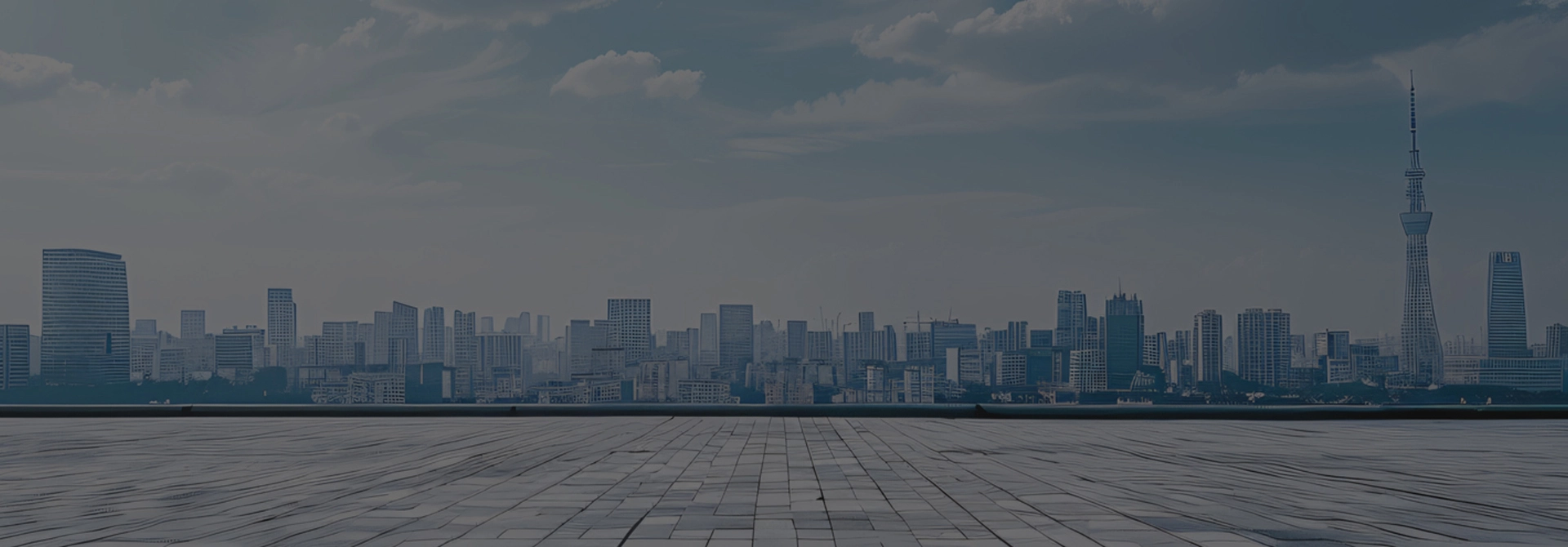
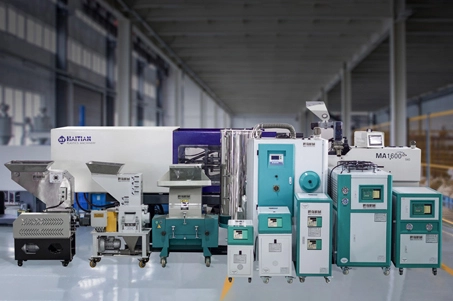

An initial year of after-sales service is provided for all Pengqiang products. Pengqiang will provide a new set of accessories at no cost if it is discovered that the accessories were destroyed during usage.
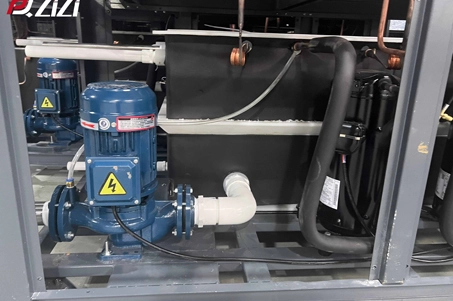
We build all industrial chillers in-house, straight from the factory, eliminating the need for middlemen to recoup their costs.

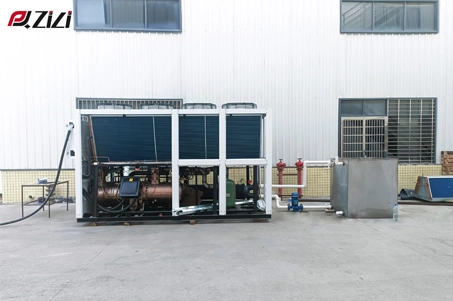

Pengqiang offers free plan creation based on the various needs of clients in order to guarantee the cooling effect of clients. From production to trial operation, the chillers can be filmed and photographed in accordance with customer specifications.
A water chiller is required during the plastic product manufacturing process in order to swiftly cool the mold, quicken the product's solidification in the mold, and increase production efficiency.
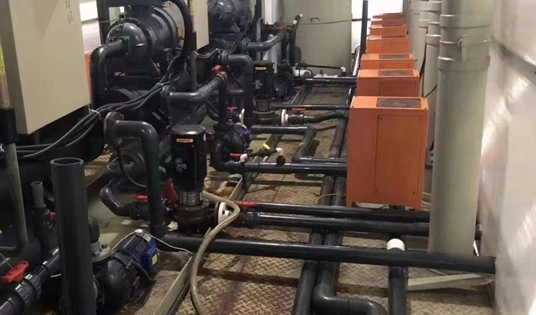
The chiller is also frequently employed in the automotive industry, where it is crucial to the production of general automotive parts and the battery pack liquid cooling test. For many years, my company has collaborated with globally renowned automakers, and the quality is assured.
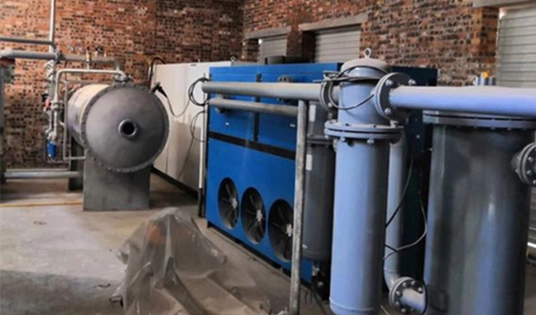
There are several uses for chillers in the construction industry. More cooled water added to concrete will allow its molecular structure to be more successfully utilized in a range of construction contexts and effectively increase the material's toughness and hardness. One or more buildings may get cooling when the system is in operation when the chiller is utilized for central air conditioning.
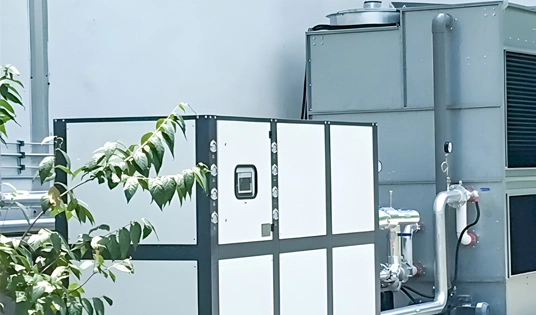
Chillers are a necessary component in the manufacturing of electronics. They may effectively stop the evaporation of cleaning agents during the production process, enhance product quality, and cool the manufacturing of circuit boards, electronic and electrical components, and pressurized air.
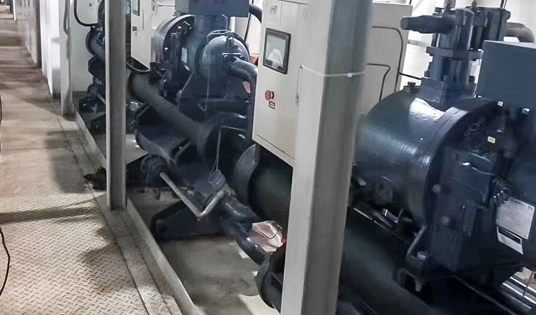

 What factors should be considered when selecting an industrial chiller?
What factors should be considered when selecting an industrial chiller?
When selecting an industrial chiller, consider factors such as cooling capacity to meet process demands, type of refrigerant for environmental compliance, energy efficiency to reduce operational costs, maintenance requirements for long-term reliability, and compatibility with existing systems and processes to ensure seamless integration and optimal performance.

 How is the cooling capacity of an industrial chiller measured?
How is the cooling capacity of an industrial chiller measured?
The cooling capacity of an industrial chiller is typically measured in tons of refrigeration (TR) or kilowatts (kW). This measurement indicates the amount of heat the chiller can remove per unit of time, ensuring it meets the specific cooling needs of the industrial process or equipment it serves.

 What safety features are important in industrial chillers?
What safety features are important in industrial chillers?
Important safety features in industrial chillers include pressure relief valves to prevent over-pressurization, temperature sensors to monitor and control operating conditions, flow switches to ensure proper fluid circulation, and emergency shut-off mechanisms to quickly halt operations in case of malfunctions, thereby preventing accidents and equipment damage.

 How do you troubleshoot an industrial chiller?
How do you troubleshoot an industrial chiller?
Troubleshooting industrial chillers includes systematically checking common problems such as refrigerant levels to ensure adequate cooling, electrical connections to ensure proper power supply, compressor function to ensure efficient operation, and ensuring that all components (including filters and heat exchangers) are clean and functioning properly to maintain optimal performance. At the same time, all Pengqiang chillers are equipped with 6 major protection systems to notify fault problems in real time.

 How often should an industrial chiller be maintained?
How often should an industrial chiller be maintained?
Regular maintenance of an industrial chiller should be performed at least quarterly. This includes cleaning components such as filters and heat exchangers, inspecting for wear and tear, checking refrigerant levels, and ensuring all mechanical and electrical parts are functioning properly to ensure optimal performance and extend the chiller's lifespan.

 How can energy efficiency be improved in industrial chillers?
How can energy efficiency be improved in industrial chillers?
Energy efficiency in industrial chillers can be improved by implementing variable speed drives to match cooling demand, optimizing load management to avoid overloading, conducting regular maintenance to keep components clean and efficient, and upgrading to more energy-efficient components or systems, such as high-efficiency compressors and advanced control systems.
